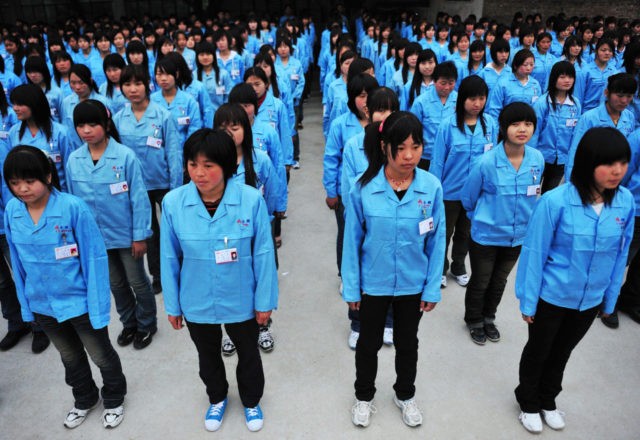The Trump administration is expanding its policies aimed at combatting China’s plans to dominate high-technology manufacturing.
Ajit Pai, chairman of the Federal Communications Commission, proposed a rule Monday that would prohibit telecommunications companies from using money from the Universal Service Fund–an $8.5 billion fund that subsidizes phone and data services in remote and poor communities–to buy equipment from companies the government says pose national security risks. That rule is widely seen as hurting efforts by China’s telecommunications giant, Huawei, from expanding in the U.S. It could also inhibit acquisitions of U.S. technology companies by Chinese firms that could be deemed to pose threats to national security.
Separately, Treasury Department officials are crafting plans to ban Chinese companies from investing in certain technology sectors, such as semiconductors and 5G wireless communications, according to a Bloomberg News report citing four people with knowledge of the proposal.
According to Bloomberg, the White House is considering using the International Emergency Economic Powers Act to implement the ban. The law, which dates back to 1977, allows the President to regulate commerce after declaring a national emergency in response to foreign threats.
These moves come on top of tariffs designed to crack down on China’s “forced technology transfer” policies that the Trump administration says hurt the U.S. economy. These include demands that U.S. companies operating in China partner with Chinese firms or submit to licensing agreements that unduly favor Chinese manufacturers, according to senior administration officials.
Earlier in March, Trump blocked the acquisition of U.S. chipmaker Qualcomm by Broadcom, a Singapore-based technology company. The Committee on Foreign Investment in the U.S. had warned that the acquisition could weaken the U.S.’s ability to compete with China’s Huawei in the development of 5G wireless technology. That followed September’s announcement that the Trump administration, also acting on a CFIUS recommendation, would block the sale of Lattice Semiconductor to Canyon Bridge Capital Partners, which is backed by a Chinese venture capital firm linked to the Chinese government.

COMMENTS
Please let us know if you're having issues with commenting.